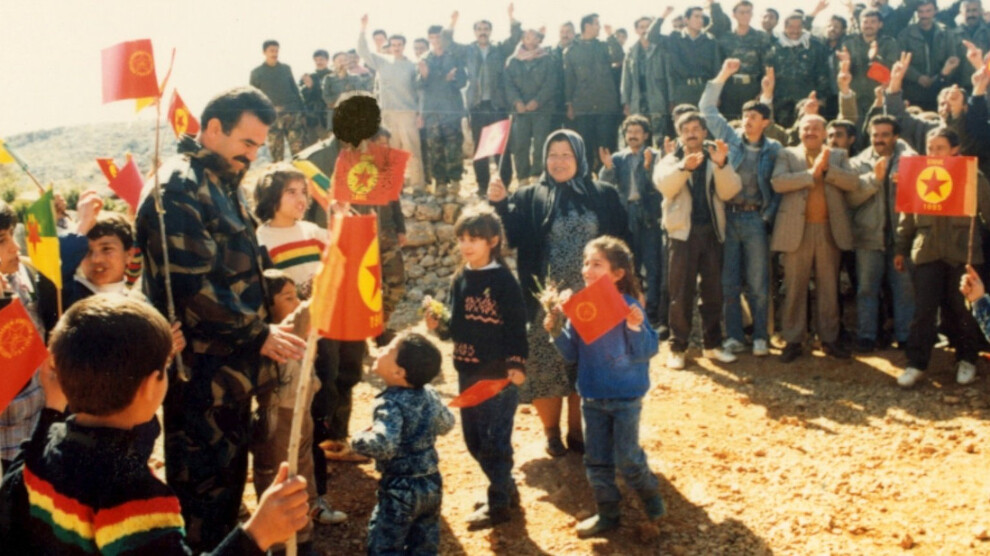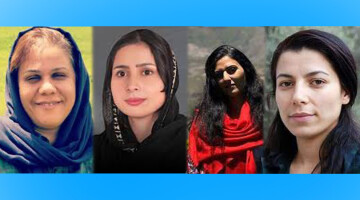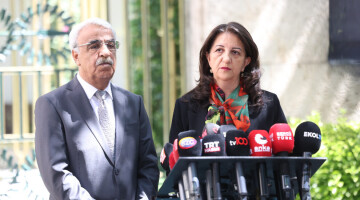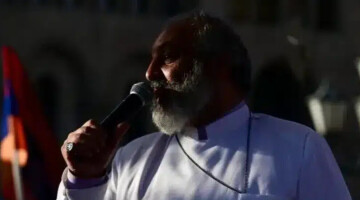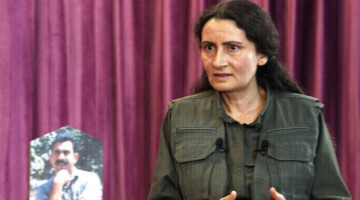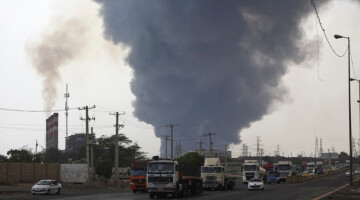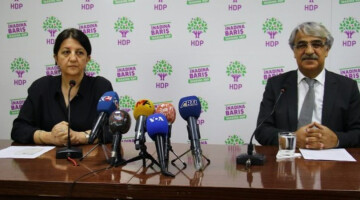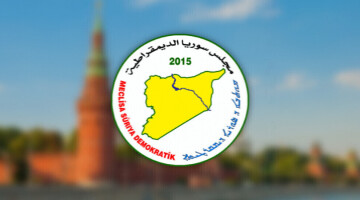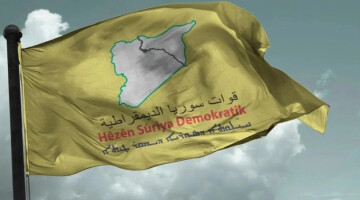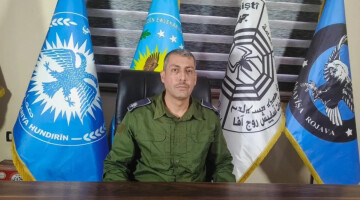Today is 4 April, the 74th birthday of Abdullah Öcalan and a special day in Kurdistan. Kurds and their friends around the world celebrate this day with enthusiasm and plant trees as a symbol of life. In Rojava, the celebrations and tree planting started ten days ago.
Abdullah Öcalan came to Syria from Turkey in 1979. Before that, the Kurdish liberation movement was hardly known in Syria. The group around Öcalan, the Apoists, had been talked about since 1973, but the political goals of the Kurdistan Workers' Party (PKK), founded in 1978, remained unclear. The Kurds in Rojava and Syria only knew that this movement was fighting for Kurdistan. Since the earlier Kurdish uprisings were put down relatively quickly, it was assumed that the PKK also had no chance of success.
When Öcalan came to Rojava across the Turkish-Syrian state border, a new era began in the region. At that time, the Kurdish population was massively oppressed by the Syrian regime. After crossing the border secretly, Öcalan and his comrades-in-arms stayed in a village near Kobanê for almost two months. Contemporary witnesses of this stay say: "They were constantly reading. Their posture and their looks had a great effect. They left a lasting impression on all the houses they visited. We didn't know who they were, only that they stood up for Kurdistan."
Over time, the Apoists were talked about beyond Kobanê in all of Rojava. This continued until 1983. Öcalan called himself Ali at that time and eventually went to the Bekaa Plain in Lebanon, which was used by Palestinians. There were more and more Apoist militants in the region and everyone wanted to see Öcalan. The PKK camp in the Bekaa Plain became a magical attraction. From almost all families in Rojava, at least one member went to Lebanon to meet Abdullah Öcalan.
After the PKK started its armed struggle on 15 August 1984, there was a growing conviction among the population that this movement was different from other Kurdish groups and would carry out a revolution in Kurdistan.
The Apoist ideology spread not only among the Kurds, but also among the Arab and other population groups. People perceived the movement as a new way of life. As its influence grew, the hegemonic powers felt threatened and intervened with the international conspiracy that led to Öcalan's forced departure from Syria on 9 October 1998 and, after a months-long odyssey across several continents, to his deportation to Turkey on 15 February 1999.
In the almost two decades he spent in Syria and Lebanon, Öcalan planted the seeds for the liberation struggle that made the revolution of Rojava possible in 2012 and continues to this day. In Rojava, 4 April is therefore perceived as the rebirth of the Kurdish people and the beginning of a new era. Even today, the houses where Abdullah Öcalan stayed at that time are visited on his birthday. Trees are planted, there are cultural programmes and there is dancing. These activities take place throughout the autonomous region of northern and eastern Syria. 4 April is celebrated like a festival in Rojava.

